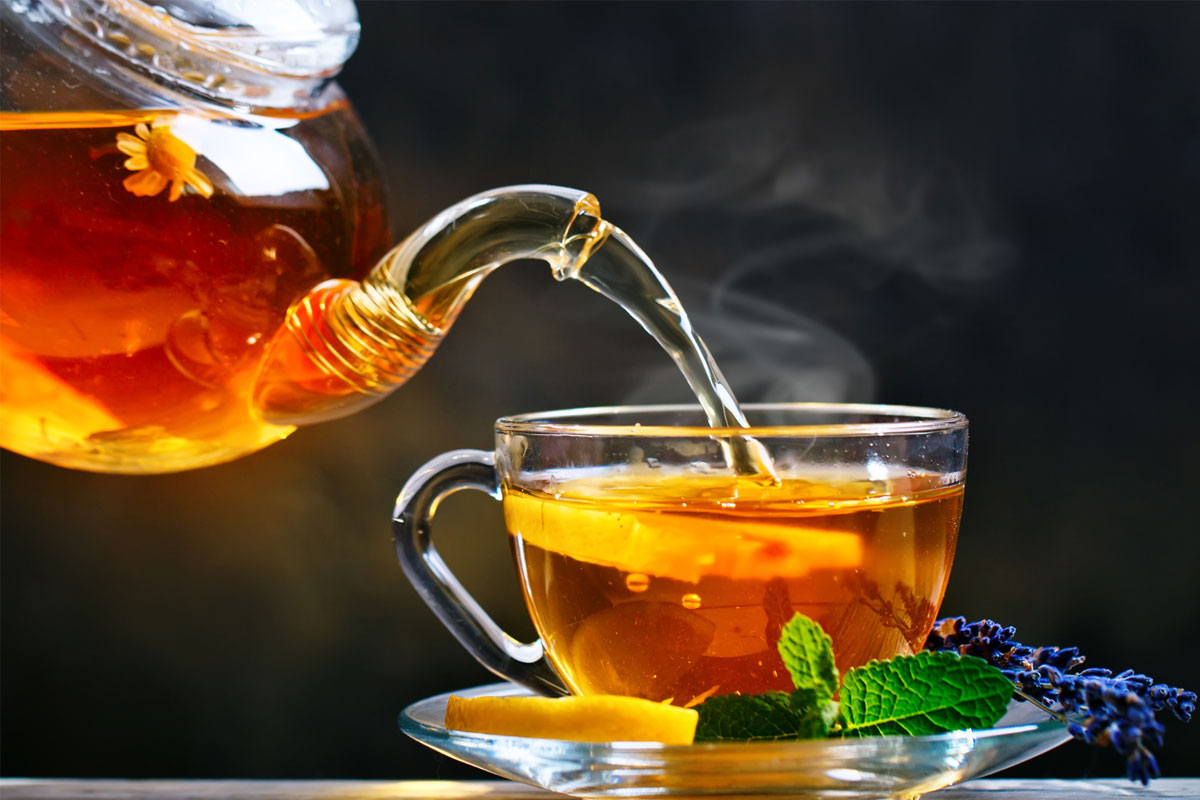
The history of Black Tea began in China around 2700 BCE. Whilst we can’t be one hundred percent sure of the exact dates and the specific details involved, legend has it that one day Emperor Shen Non was boiling water in a pot when some tea leaves fell in. The result was the first cup of tea, and humans have taken great delight in drinking it ever since!
New tea processing techniques led to the development of black tea, which is thought to have originated around the time of the Ming Dynasty (1368-1644 CE). One of the earliest references to black tea can be found in "The Classic of Tea" (Cha Jing) written by Lu Yu of the Tang Dynasty (618-907 CE). The book references a tea production process named "qīng chá", which translates to "green tea." Over time, this term evolved to refer to black tea.
The export of Black tea outside of China began somewhere during the 16th and 17th centuries when global trade emerged. European merchants, (notably the Dutch and the Portuguese), played a significant role in introducing tea to the Western world, and early in the 17th century, the Dutch East India Company began importing tea from China to Europe. At this time black tea became hugely popular in both Europe and the British Empire. By the mid-19th century, the British East India Company was producing tea on a large-scale in India, in regions such as Assam and Darjeeling, which still produce high quality black teas to this day.
Black Tea & the UK
Often referred to as "English Breakfast Tea," black tea is very much a part of British tea-drinking culture, and is enjoyed at any time of the day, either with or without milk and / or sugar. Well known blends such as Earl Grey and Assam are particularly popular in the UK, with numerous tea companies sourcing and blending Earl Grey and Assam black teas.
Black Tea around the world
Black teas of Indian origin are highly regarding across Europe and beyond, and the popularity of Indian teas has contributed significantly to the country's economy, ranking India in second place in the production of tea, with only China ahead of it.
Black teas consumption in India itself is an integral part of daily life for millions of people across the country. The love for tea is evident in the numerous tea stalls (chaiwalas) that can be found on virtually every street corner, serving customers fabulous teas throughout all hours of the day.
India's reputation as being a major black tea-producing country is well-deserved, thanks to its rich history, diverse tea varieties, and the global popularity of its teas. The Indian tea industry continues to flourish, and its black teas continue to captivate the taste buds of tea-drinkers worldwide.

